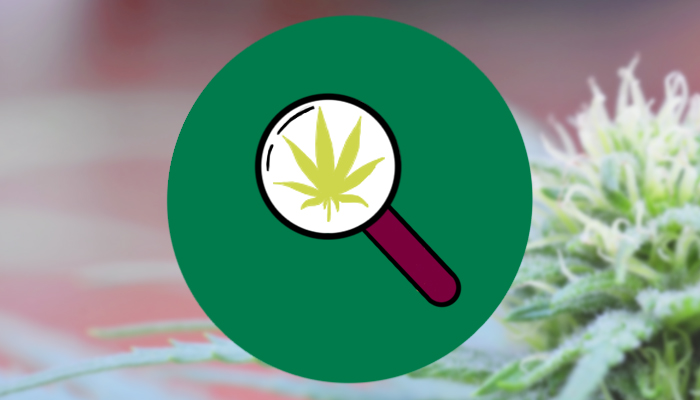What is PTSD and can cannabis be a helpful treatment?

Why was this study conducted? What does this study add? Is there anything else I should know? Shalev A, Liberzon I, Marmar C. Post-traumatic stress disorder. N Engl J Med 2017;376(25):2459-2469
Shalev A, Liberzon I, Marmar C. Post-traumatic stress disorder. N Engl J Med 2017;376(25):2459-2469 Abstract
Why was this study conducted?
More than 70% of adults worldwide experience a traumatic event such as physical or sexual assault, accidents, or injury at some time in their lives. The lifetime probability of developing post-traumatic stress disorder (PTSD) ranges from a low of 1.3% in lower-income countries to a high of 12.2% in high-income countries. PTSD is associated with serious disability, medical illness, and premature death. In more than 50% of cases, it is also associated with other mood, anxiety or substance-use disorders. The authors described the possible neurobiological models of PTSD and current and innovative treatments.
What does this study add?
Despite decades of intensive research, there is still no treatment for PTSD that works consistently for many or most patients. A number of innovative and experimental therapies are outlined, including cannabis. Medical cannabis has been approved as a treatment for PTSD in some U.S. states but there are only preliminary studies suggesting it may help to reduce PTSD-related insomnia, nightmares and hyperarousal. Large-scale trials are needed in order to determine its effectiveness, as well as the risks of addiction, psychosis and mood disorders.
Is there anything else I should know?
This is a wide-ranging overview of the prevalence, causes, biology, effects and treatments of PTSD.
Archive